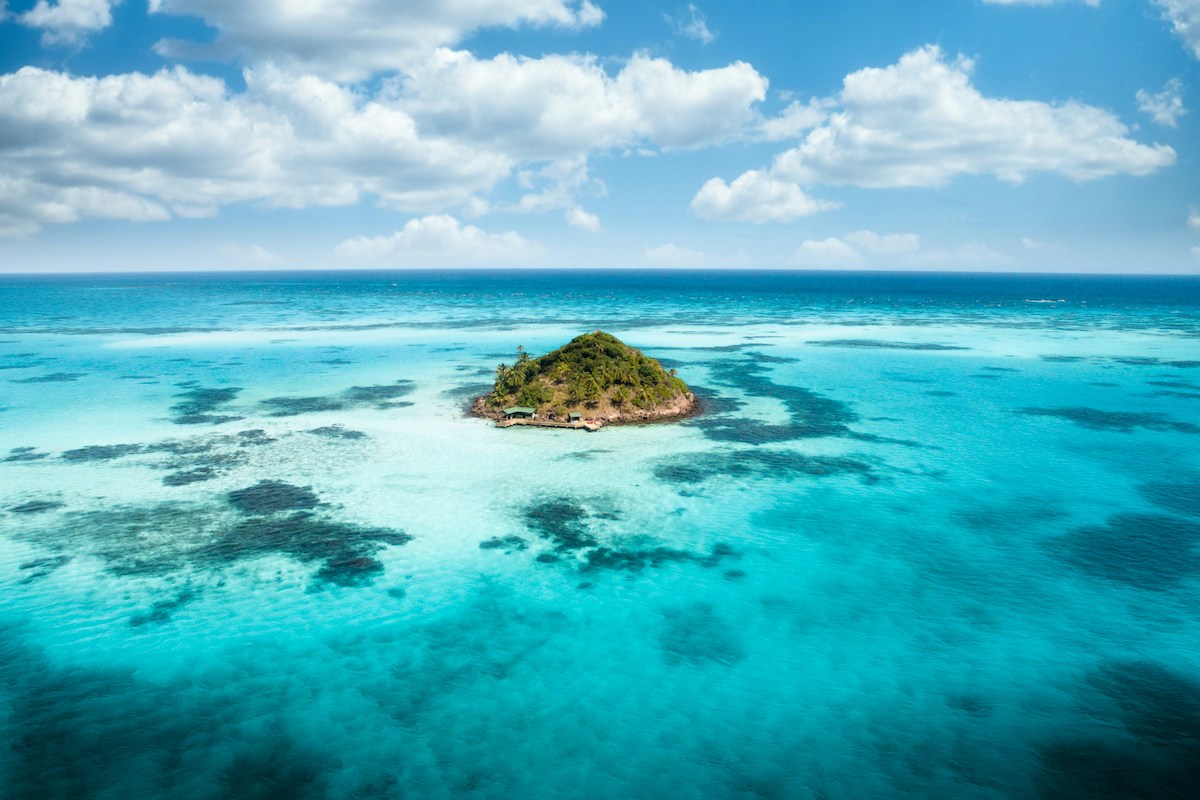
Preserving Paradise | Tropical Islands Fighting Climate Change
Tropical islands are sinking. They are literally disappearing due to climate change, as well as under the burden of saving themselves. These islands contribute the least to climate change but face the greatest threats. Taking matters into their own hands, these islands are on the front line, fighting to preserve their nations.
VULNERABILITY OF TROPICAL ISLANDS
Tropical islands, known for their beauty and biodiversity, face severe threats from climate change. Rising sea levels, increasing temperatures, and more frequent storms and wildfires endanger these islands. The Pacific Ocean and the Caribbean are particularly at risk, lying in hurricane belts, where cyclones and hurricanes are common. Small islands have limited resources, making disaster recovery slow and leaving them vulnerable to prolonged damage. Their small size means disasters often impact the entire island rather than isolated regions.
Tourism, while an economic lifeline for small islands, brings additional challenges. More tourists means increased waste, pollution, and a strain on already scarce local resources.
In response, many tropical islands adopt sustainable practices to protect their environment and communities. Here are some islands that are leading the way in making their homes more resilient in the face of climate change.
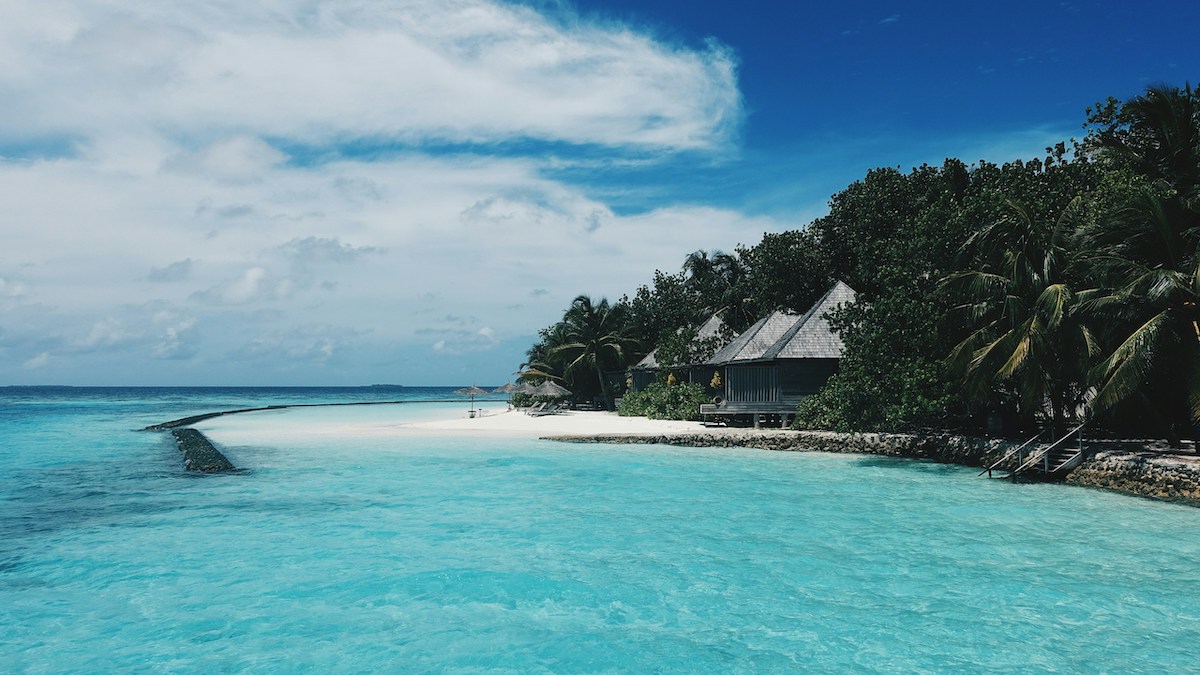
PALAU, OCEANIA
This island nation in Oceania is a leader in sustainability. Palau was the first country in the world to introduce a mandatory eco-pledge for visitors. Signed upon entry, the Palau Pledge promises to respect and preserve the environment for future generations. Palau is also a global leader in marine conservation. In 2015, the Palau National Marine Sanctuary was established, covering 80% of its maritime territory. Fishing and other exploitative activities like oil drilling are banned in this region. Palau also created the world’s first shark sanctuary in 2009, protecting an area the size of France from commercial shark fishing. Even harmful sunscreens are forbidden in Palau because of damage to coral reefs.
VANUATU, OCEANIA
Vanuatu is another island nation in Oceania at the forefront of sustainability efforts. The island was the first country to ban single-use plastic bags, straws, and polystyrene food containers. The government promotes renewable energy projects, aiming to generate 100% of electricity through renewable sources by 2030. Eco-tourism is essential for this island’s sustainable vision. Policies encourage eco-certification for resorts and tour operators and promote community-based tourism. Tourists are invited to stay in locally-owned accommodations and participate in traditional activities that help protect natural and cultural heritage sites. These include coral reef restoration projects. Through these initiatives, Vanuatu demonstrates its dedication to creating a sustainable future for its residents.
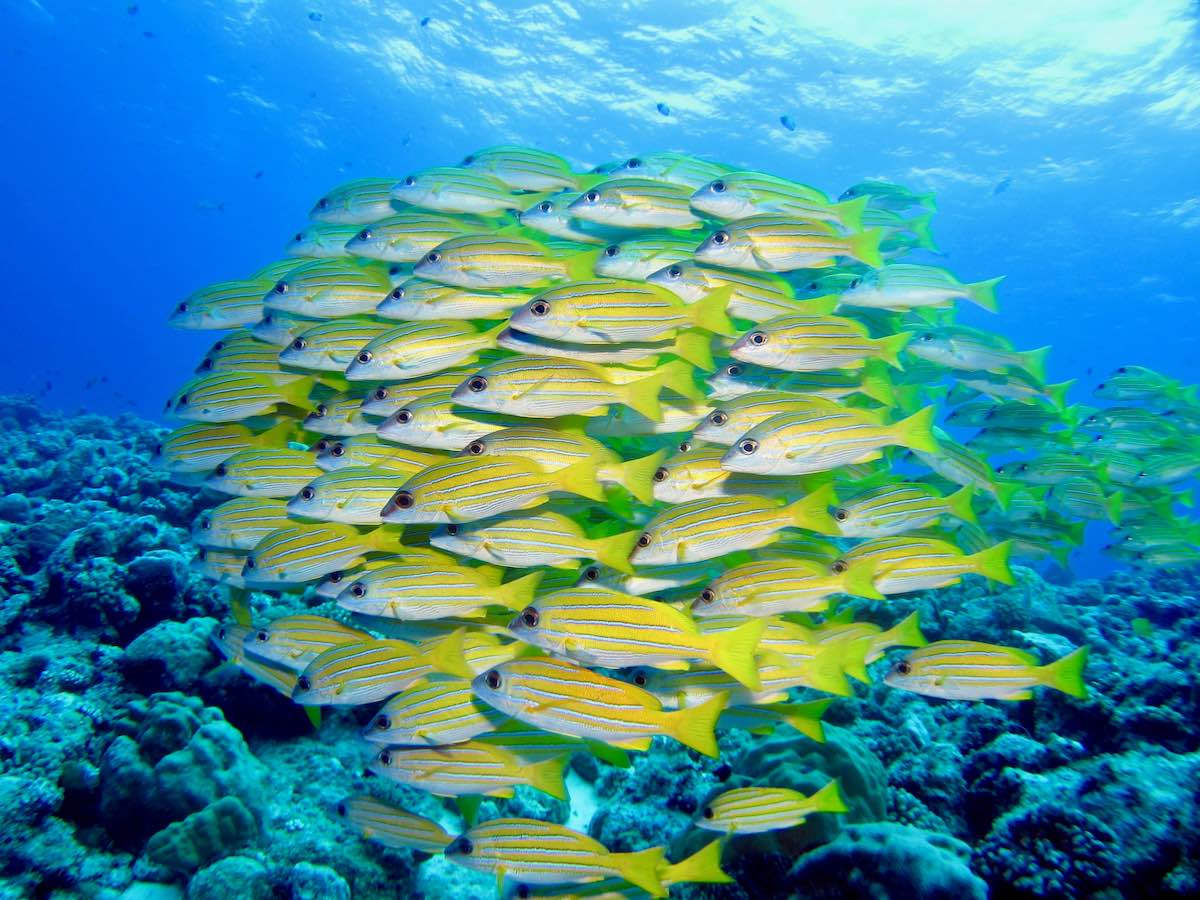
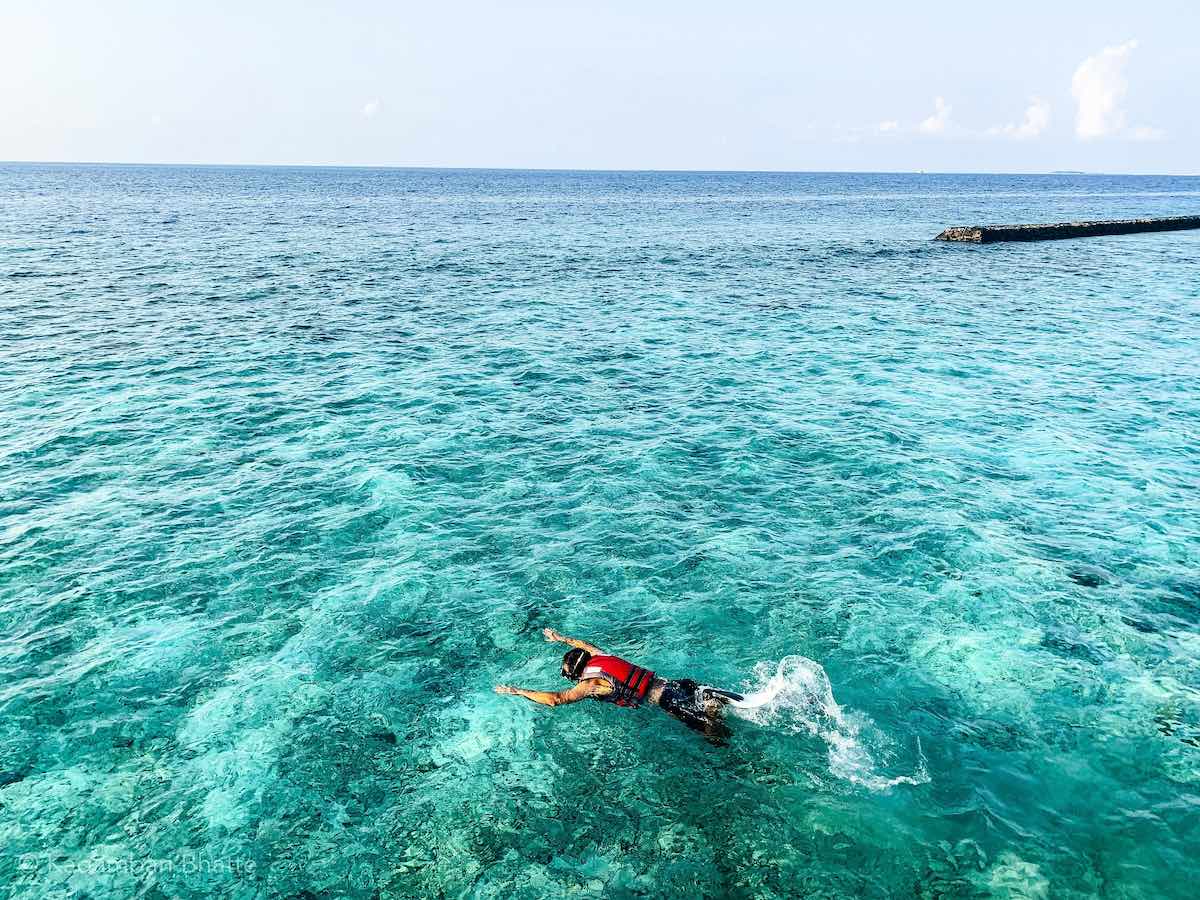
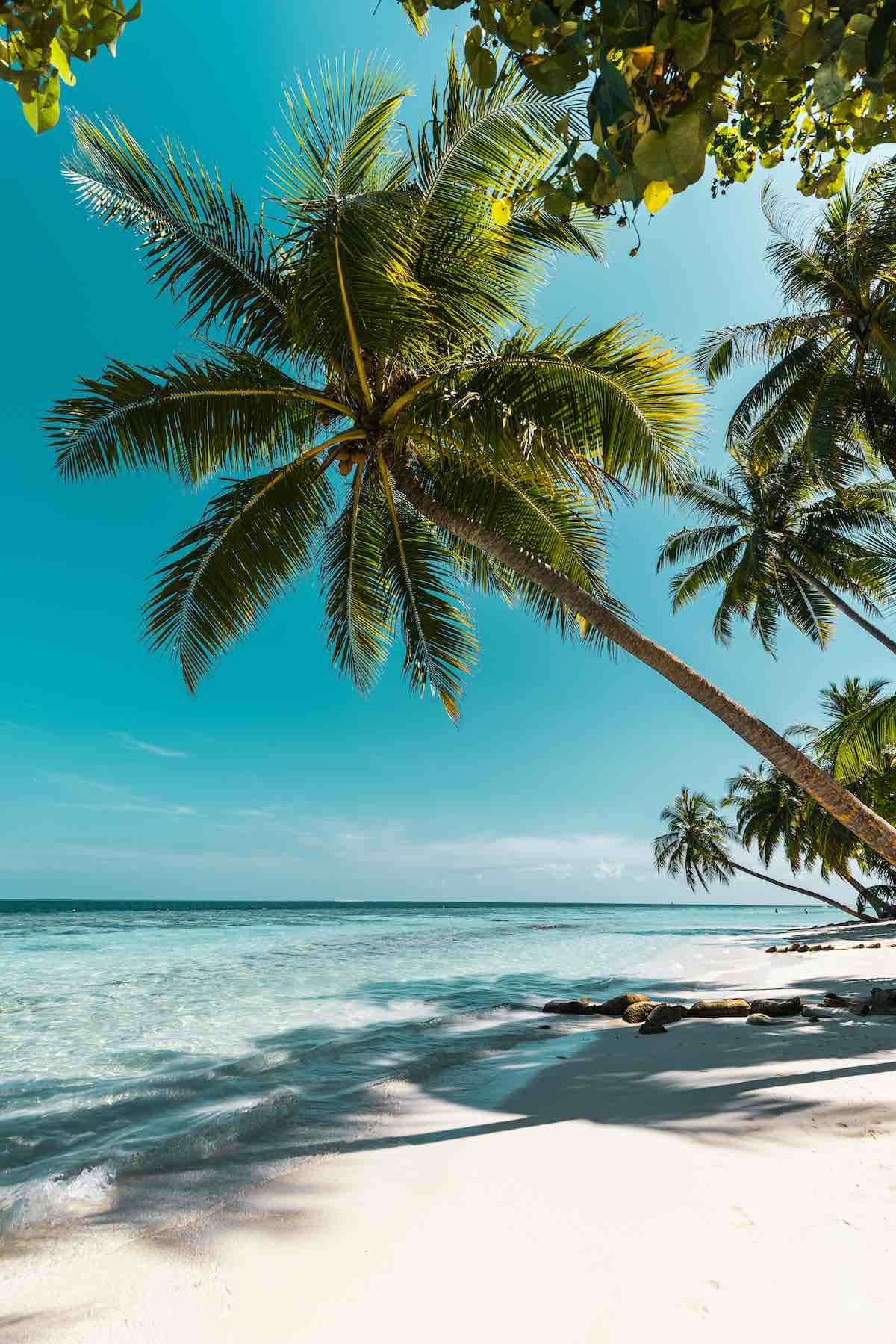
BARBADOS, CARIBBEAN
Renewable energy and climate resilience are at the heart of this tropical island’s fight for its future. The country aims to be fossil-fuel-free by 2030, increasing solar power and other renewable energy sources. Water conservation measures, like rainwater harvesting and efficient irrigation, are also in place.
Like many island nations, the marine ecosystem is a priority. Barbados has banned many single-use plastics to protect its beaches and Marine life. Initiatives like the Caribbean Challenge Initiative, which aims to conserve marine and coastal environments, are well-established in Barbados.
Barbados also invests in public transportation improvements. This includes introducing electric buses and expanding bike lanes to lower emissions and promote eco-friendly commuting.
SOLOMON ISLANDS, OCEANIA
The Solomon Islands, a nation of hundreds of islands in the South Pacific, boasts lush rainforests, beaches and volcanic landscapes. These islands are home to unique wildlife and plant species that need protection. The country emphasises sustainable forestry practices, reforestation projects, and coral reef protection. The Coral Triangle Initiative promotes marine biodiversity and sustainable fisheries.
To combat plastic pollution, the Solomon Islands have banned single-use plastics. Government and Local NGOs run educational campaigns to raise awareness and regularly organise community clean-ups. Eco-tours are available to tourists, offering bird watching, hiking through protected rainforests, and snorkelling in marine protected areas.
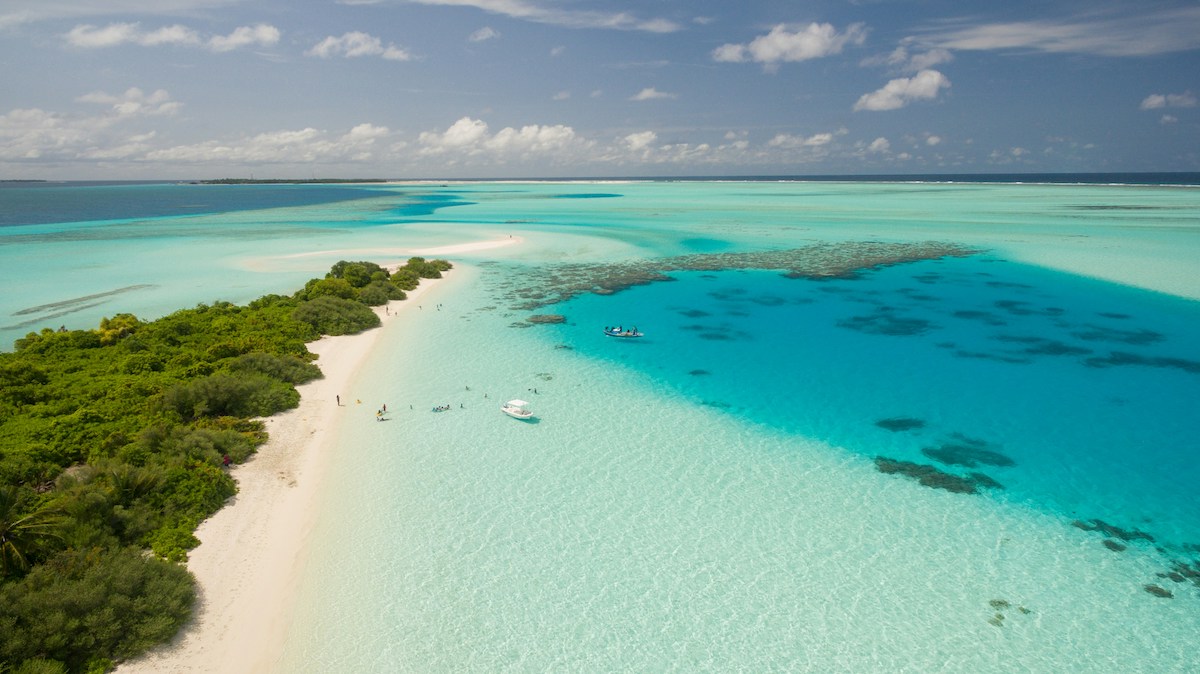
+ Highlight Image: © Darren Lawrence via Unsplash






